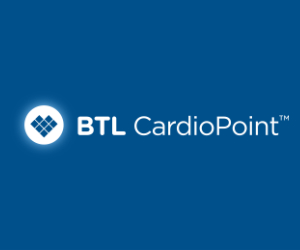CAR-T cell therapy – a small part of the present and great potential in the future
T cell therapy with chimeric antigen receptor (CAR-T) is a revolutionary therapy of the twenty-first century in the treatment of hematological neoplasms of B cell origin. CAR-T cell therapy is an immune therapy by genetic engineering in which the patient's T cells are changed in the laboratory, a gene is added to them for a special receptor that binds to a specific protein found on malignant cells. The development of awareness about the immune reaction to malignant cells, along with the development of technology that enables the synthesis of CAR-T cells, were the basis for the onset of ex vivo research and clinical studies later. The most notable success was achieved in the treatment of relapse-refractory acute lymphoblastic leukemia of the B phenotype in children and adolescents, relapse-refractory diffuse large B-cell lymphoma and multiple myeloma. However, the effectiveness of this innovative therapy is reduced by side effects such as cytokine release syndrome (CRS) and immune effector cell-associated neurotoxicity syndrome (ICANS). Numerous trials are underway in order to achieve the optimal application (design) of CAR-T cells and the dose to maximize efficiency and with as little toxicity as possible.
Key words:
acute lymphoblastic leukemia; CAR-T cells; diffuse large B cell lymphoma; side effects





